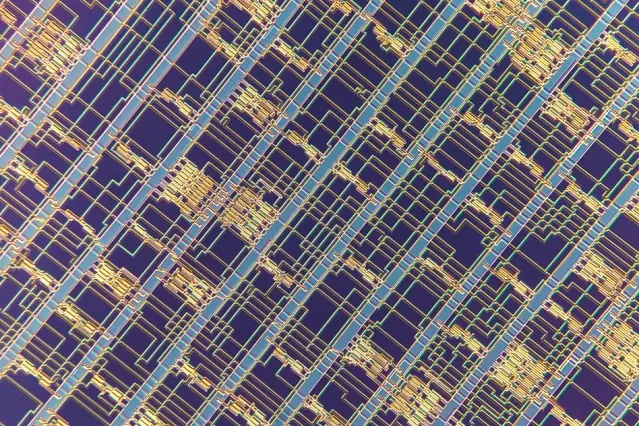Cabon Nanotube Processors Breathe New Life Into Moore’s Law

A group of MIT researchers has built new microprocessors out of carbon nanotube that is faster and more energy-efficient than the silicon-based processors.
The researchers have developed 16-bit microprocessors built out of 14,000 carbon nanotube transistors. In a paper published in Nature, the MIT team claims that the processes implemented in making the modern microprocessors can also be used with equipment currently used in making the silicon counterparts.
Building Carbon nanotube field-effect transistors (CNFET) have become a great deal for many researchers, given the current situation of the industry — the slowdown of Moore’s Law which is the number of transistors that can be packed on a silicon chip would double every two or three years.
However, the microprocessor industry is struggling to keep things afloat. In fact, Intel, co-founded by Gordon E. Moore, fundamentally changed its chip manufacturing process, admitting the fact that Moore’s law cannot be followed anymore.
But CNFET could be the fountain of youth for the Morre Law. Many studies have found that transistors made from nanotube are way faster than the silicon ones. Moreover, studies claim that they are ten times more energy-efficient.
In making the carbon nanotubes, the biggest problem is to deal with the nature of it. Nanotubes have a tendency to bunch together and a bundle of them clashing with transistors can make it unusable.
In order to deal with it, the MIT team created RINSE — removal of incubated nanotubes through selective exfoliation. They coated the wafer with a certain polymer and washed it off a special solvent.
This stripped off the nanotube clumps, leaving behind the monolayer needed to make the chip work most efficiently. The researchers also tackled common functionality issues and other material defects.
“This is by far the most advanced chip made from any emerging nanotechnology that is promising for high-performance and energy-efficient computing,” said Max Shulaker, the study’s corresponding author and assistant professor at MIT.
Also Read: Upcoming Electric Cars In India To Choose Over Petrol/Diesel Ones





